- Saturday, 5 July 2025
Stakeholders called for the inclusive and Empowered Youth Participation through YFLG in Nepal
By TRN Online, Kathmandu, July 4: Stakeholders have emphasized the urgent need to increase investment in youth and strengthen the implementation of Youth Friendly Local Governance (YFLG) across Nepal.
According to the press release of National Youth Council (NYC), this call was made during the Workshop on the Revision of Indicators of the YFLG Guidelines 2080, organized by the National Youth Council (NYC), Government of Nepal, in coordination with Jagriti Child and Youth Concern Nepal (Jcycn) on 3rd June 2025 in Kathmandu. The event was chaired by Surendra Basnet, Vice-President of NYC, with Gehanath Gauttam, Chief Administrative Officer, delivering the welcome address.
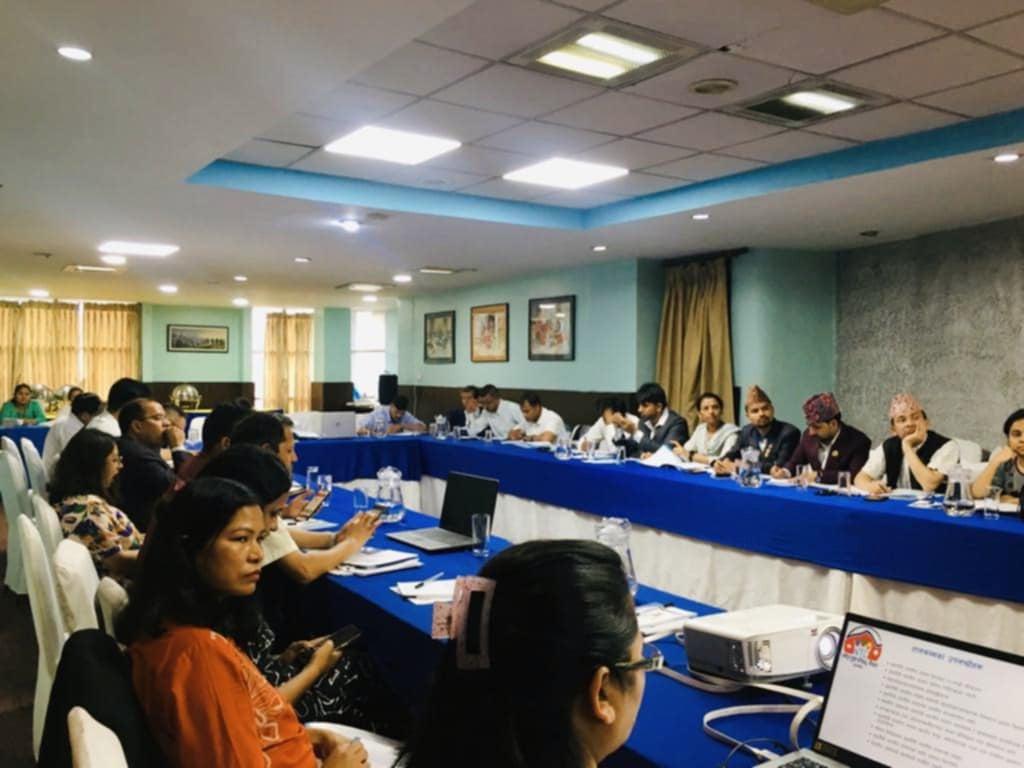
Under Secretary of NYC, Chandra Thapa, highlighted that following a decision by the NYC board on Chaitra 30, 2075, meaningful youth participation at all three levels of government has been recognized as vital for national development. She explained that the YFLG initiative aligns with the Constitution of Nepal, the National Youth Policy, National Youth Vision, Sustainable Development Goals (SDGs), and other national frameworks, with the goal of ensuring youth engagement in policymaking, program design, and budget allocation processes.
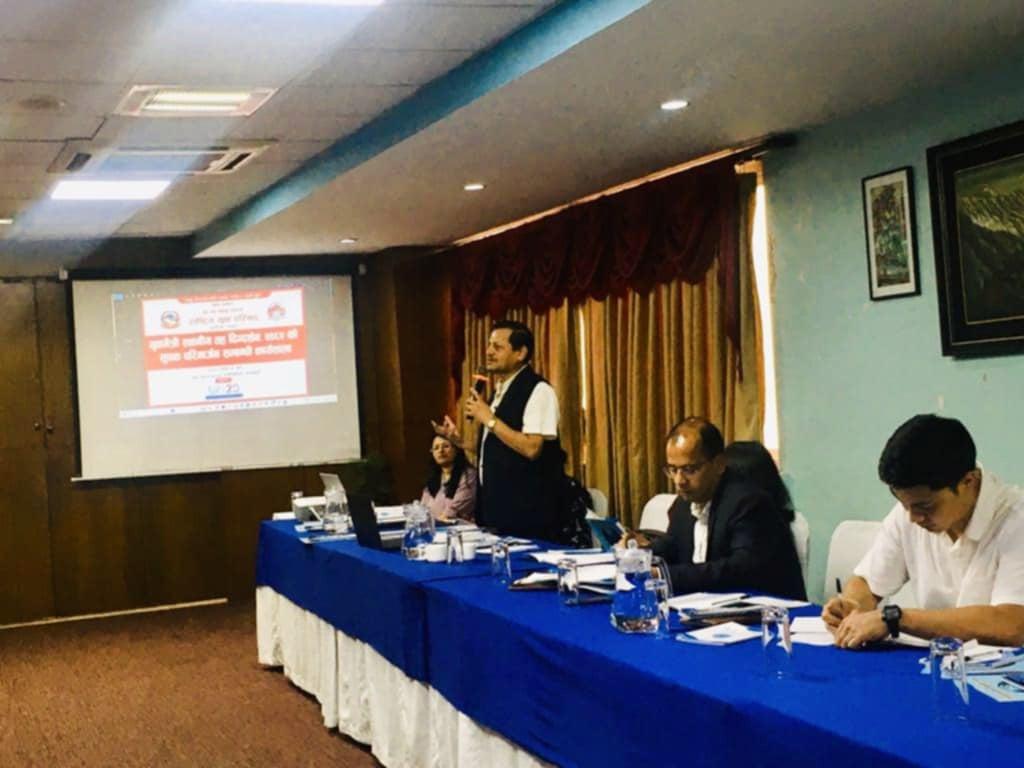
Dr. Dipesh Ghimire, Associate Professor at Tribhuvan
University, presented an overview of the status and future direction of YFLG.
He acknowledged the support of the Government, Jcycn, UNDP Nepal, British
Council, development partners, and civil society organizations in advancing the
agenda. He shared that the YFLG Guidelines 2080 comprise 46 indicators,
covering areas such as youth participation in policymaking and implementation,
leadership, and the inclusion of youth from special groups and communities. He
noted the need to unite youth-related programs and regularly revise the
indicators to remain relevant, while also addressing existing gaps and
limitations.
More than 40 youth participants, including NYC members,
representatives of affiliated CSOs and networks, and development partners,
contributed to the discussions. Rajendra Pyakurel, Executive Director of
NARMIN, Ashok Khanal, Coordinator of the National CFLG, and others stressed
simplifying the indicators to make them practical for local governments to
implement. They emphasized the need to focus on youth participation in
policymaking, commercial education, entrepreneurship, health, and education,
while also calling for clear age-group segmentation, defined roles for youth
clubs, differentiation between urban and rural contexts, and stronger
inter-ministerial collaboration.
Participants underscored the importance of including
menstrual and reproductive health, ensuring data accuracy, reducing overlapping
committees, and integrating AI and digital training, mental health awareness,
cyber security, and youth participation in culture, music, and literature.
Concerns were also raised about the responsibility for supporting youth after
they leave rehabilitation centers.
Binita Karki, Head of Solution Mapping at UNDP, explained
that the guidelines have been revised regularly based on youth feedback and
evolving local needs, and encouraged local governments to adapt the framework
flexibly rather than rigidly follow a fixed format.
Tilottam Poudel, former NYC member and President of Jcycn,
along with Meena Sharma, Chair of CZOP, highlighted the need to include
psychosocial counseling, stress management, digital literacy, social
protection, and greater inclusivity through a GEDSI perspective. Poudel
also emphasized integrating YFLG with complementary initiatives like Child
Friendly, Nutrition Friendly, Environment Friendly, and Disability Friendly
governance to ensure long-term sustainability.
The event concluded with consensus on embedding
youth-friendly governance as a national priority. Strengthening monitoring and
evaluation mechanisms and aligning youth programs with national and
international commitments were identified as critical steps toward sustainable
youth empowerment and meaningful participation in Nepal’s
local governance.

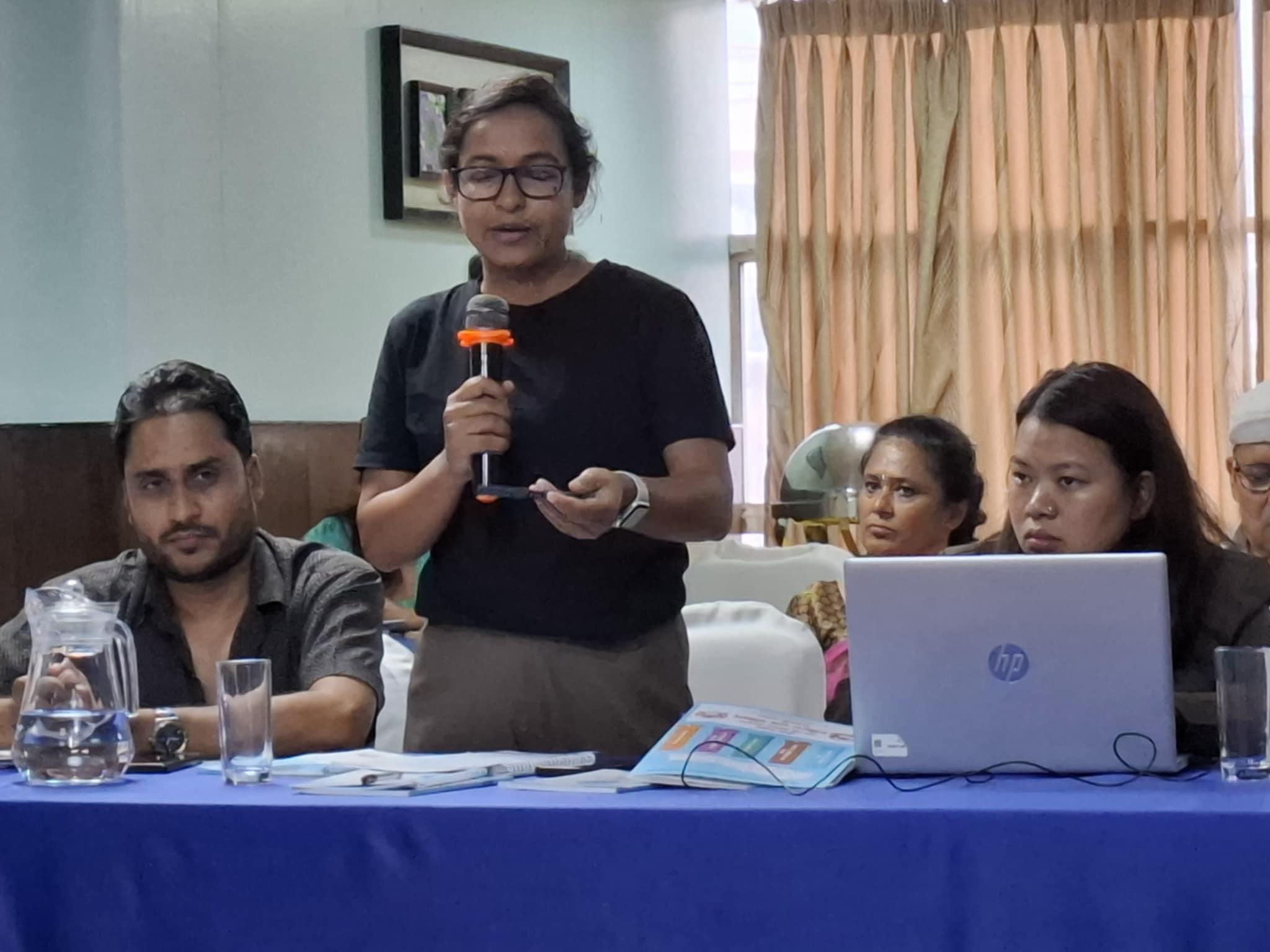


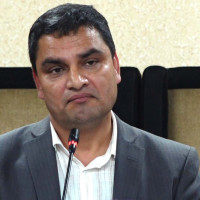
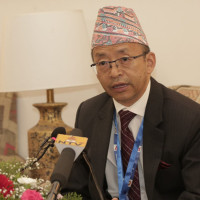
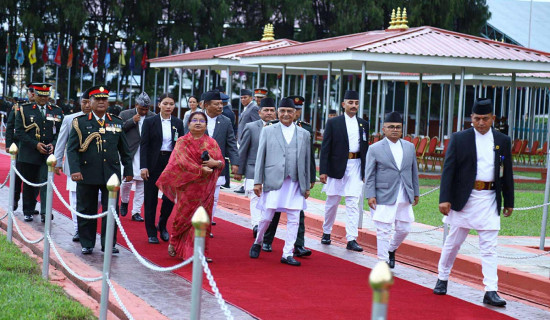
-square-thumb.jpg)

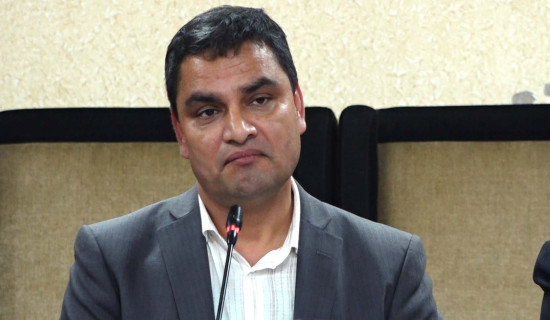
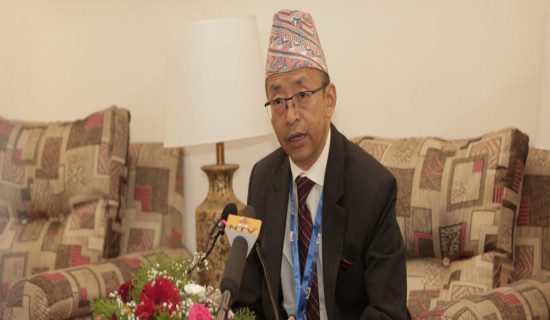

-original-thumb.jpg)
-original-thumb.jpg)
